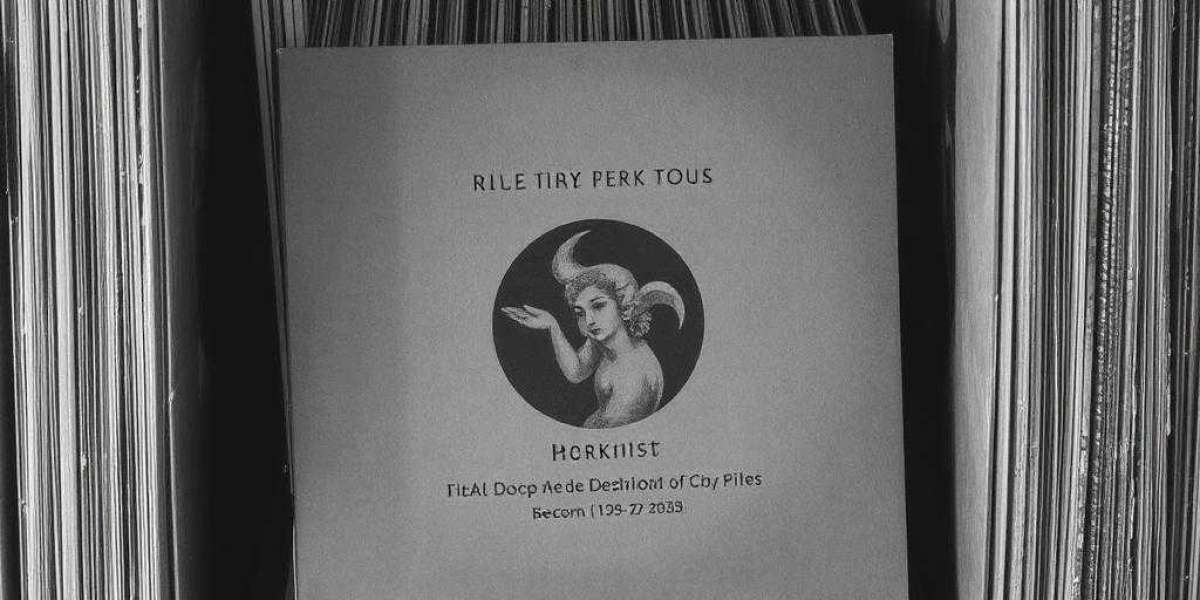The 1970s and 1980s marked a golden era for Punjabi music, with vinyl records serving as the primary medium for preserving and distributing folk, bhangra, and devotional songs. Several record labels played pivotal roles in bringing Punjabi artists to mainstream audiences, each contributing distinct production styles and artist rosters. These labels not only shaped the sound of Punjabi music but also created physical artifacts that have become highly sought-after collector's items today.
HMV (His Master's Voice)
As India's most prestigious record company, HMV dominated Punjabi vinyl production through its flagship imprint. The label's distinctive "dog and gramophone" logo became synonymous with quality recordings.
Notable Contributions:
- Produced the earliest vinyl records of Surinder Kaur and Asa Singh Mastana
- Released Kuldeep Manak's seminal works including Pehla Pyar (1978)
- Maintained superior pressing quality with heavyweight vinyl
Collector's Note: Early HMV pressings with "The Gramophone Co. Ltd." markings command premium prices. The label transitioned to thinner vinyl in the late 1980s, making 1970s pressings more desirable.
Saigal Records
This Chandigarh-based label specialized in raw, unfiltered Punjabi folk, capturing the essence of rural musical traditions.
Key Characteristics:
- Focused on Patiala gharana vocalists like K. Deep
- Used minimalist recording techniques with live dholak and tumbi
- Distinctive yellow-and-black label design
Essential Releases:
- Punjabi Lok Geet series featuring uncredited village musicians
- Early Amar Singh Chamkila 7-inch singles
Polydor India
The German multinational's Indian subsidiary brought international production standards to Punjabi music during the bhangra revolution.
Innovations:
- Introduced multi-track recording to Punjabi folk albums
- Pressed records at their Dum Dum (Kolkata) facility
- Partnered with UK distributors for diaspora markets
Landmark Pressings:
- Gurdas Maan's Dil Da Mamla (1980) first edition
- Rare promotional copies with alternate mixes
EMI Pakistan
While based in Lahore, this label's Punjabi output circulated widely in East Punjab through cross-border trade routes.
Unique Attributes:
- Pressed qawwali and Sufi-inspired Punjabi ghazals
- Featured artists like Tufail Niazi and Hamid Ali Bela
- Used distinctive green label variants for folk releases
Collector's Alert: Pre-1971 pressings (before Bangladesh independence) are particularly scarce due to political disruptions in distribution.
Oriental Star Agencies
This Birmingham-based label became the heartbeat of UK bhangra, pressing vinyl specifically for diaspora communities.
Diaspora Focus:
- Recorded NRI artists like Alaap and Heera
- Blended traditional instruments with synthesizers
- Packaged albums with bilingual liner notes
Notable Releases:
- Teri Chunni De Sitare (1982) - among the first UK-made Punjabi LPs
- Limited edition 12-inch remixes for club play
Super Cassettes Industries
Before becoming the T-Series giant, this Delhi label pressed noteworthy Punjabi vinyl under its "Super" imprint.
Production Traits:
- Economical pressings targeting mass markets
- Focused on devotional and film-related Punjabi music
- Later pressings show quality decline as focus shifted to cassettes
Hidden Gems:
- Early collaborations with Hans Raj Hans
- Rare film soundtrack EPs
Golden Star
Operating from Jalandhar, this regional label captured the authentic sound of Doaba Punjab.
Regional Specialization:
- Recorded wedding band musicians
- Pressed limited-run lok geet collections
- Used local pressing plants with variable quality
Collector's Challenge: Poor sleeve preservation makes mint-condition finds exceptionally rare.
Technical Comparison of Pressing Quality
Label | Vinyl Weight | Sleeve Quality | Rarity Scale |
HMV | 180g | Thick card | ★★★★ |
Saigal | 120g | Thin paper | ★★★★★ |
Polydor | 150g | Glossy | ★★★ |
OSA | 140g | Dual-language | ★★ |
The Transition to Cassettes
By the mid-1980s, most labels abandoned vinyl for cassette production. This shift makes late-period Punjabi vinyl particularly collectible:
- Final vinyl releases often have catalog number gaps
- Test pressings from this era occasionally surface
- Hybrid packaging combined vinyl with free cassettes
Legacy and Rediscovery
Today, these labels' outputs are being reassessed:
- Audiophile reissues of classic albums
- Sample sources for global DJs and producers
- Academic interest in ethnomusicology studies
Original pressings now serve as primary sources for understanding Punjabi music's evolution from folk tradition to global phenomenon.
Their vinyl artifacts continue to spin stories of Punjab's musical heritage, one groove at a time.
Bollywood Vinyl Records Classical Vinyl Records Devotional Vinyl Records Dialogue Vinyl Records Dj Remix Vinyl Records English Vinyl Records Film Hits Vinyl Records Ghazals Vinyl Records Instrumental Vinyl Records Non Filmi LP Records Punjabi Vinyl Records Rare Vinyl Records Online Vinyl Shop Online Chardham Hotels in chardham



